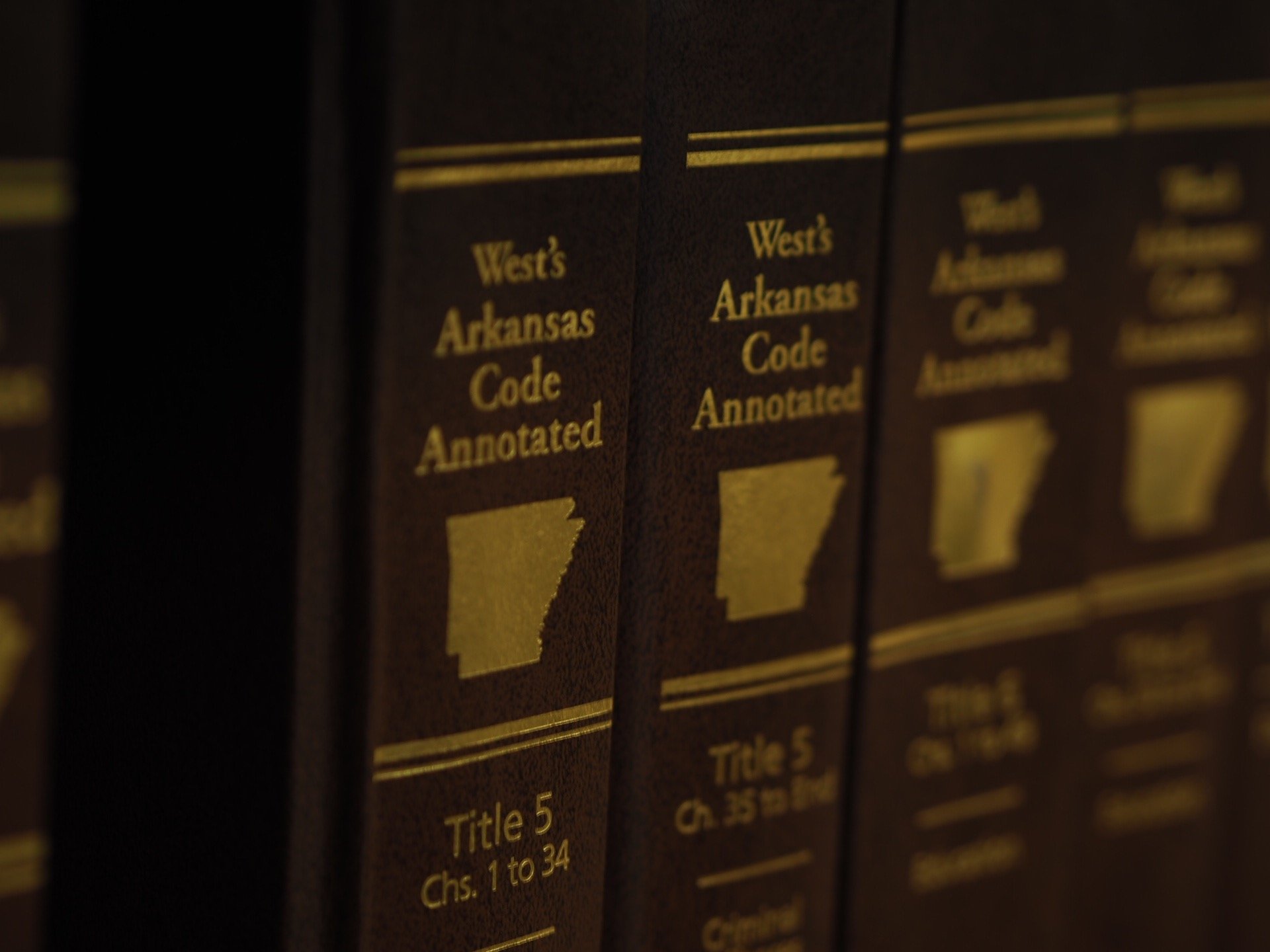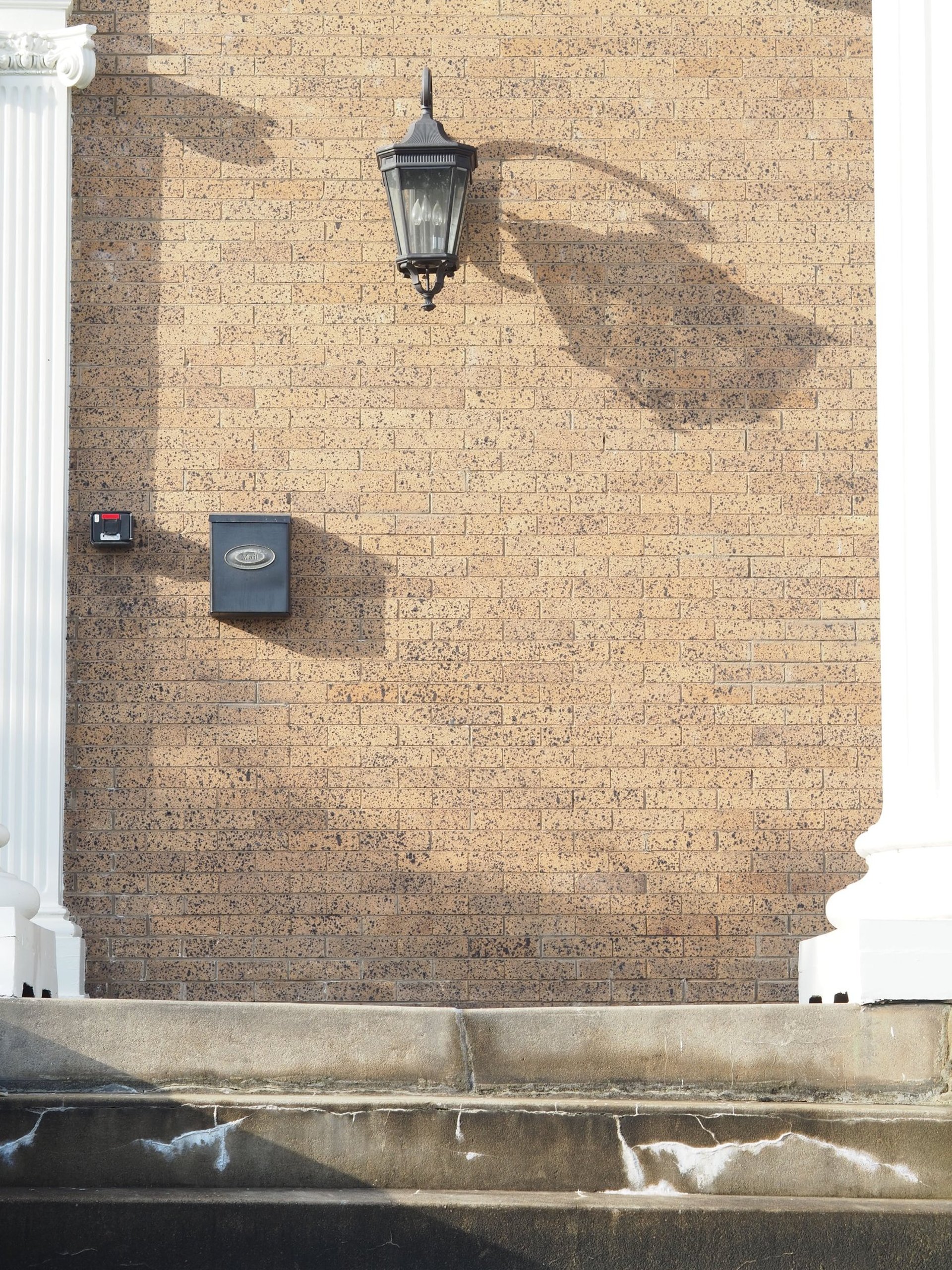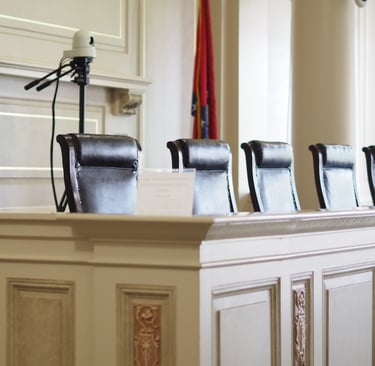
Witness Tampering Charges in Arkansas: What You’re Really Facing
Learn what counts as witness tampering, what penalties apply, and how Ludwig Law Firm helps clients respond strategically.
CRIMINAL CHARGES (SPECIFIC)CRIMINAL DEFENSE
How Serious Is Witness Tampering?
What Counts as Witness Tampering in Arkansas
Witness tampering means interfering with a witness’s testimony or cooperation in a criminal case. The law covers actions like threatening, persuading, misleading, or offering benefits to change or withhold testimony.
You can face this charge even if no one followed through with your request. Intent — not success — is what the law focuses on.
Examples include:
Asking someone to “stay quiet” or “forget” an event after an arrest.
Offering money or favors to influence a statement.
Threatening a person involved in a case to prevent testimony.
As always - if you have a legal question you want answered in a future blog, submit it via the form on this page. Now, let's dive in!
If You’re Accused of Witness Tampering
Do not contact anyone connected to the case.
Avoid social media discussion. Even indirect comments can be misinterpreted.
Call a lawyer immediately. Early representation can protect your rights and prevent new complications.
Call Ludwig Law Firm at 501-838-4043 or visit our criminal defense page to schedule a confidential consultation.
📞 Call Ludwig Law Firm today at 501-838-4043
🌐 Visit us at ludwiglawfirm.com
📍 Proudly serving clients across Arkansas
Disclaimer: The information provided in this blog is for general informational purposes only and is not intended as legal advice. Reading this blog or interacting with Ludwig Law Firm through this content does not create an attorney-client relationship. Every legal case is different, and you should not act or rely on any information in this blog without first consulting with a licensed attorney about your specific situation. For legal guidance tailored to your needs, please contact Ludwig Law Firm directly.
Penalties depend on whether there was an element of intimidation, coercion, or threat. Even casual remarks can be interpreted as influence if they occur during an ongoing case.
Common Defenses Against Witness Tampering Allegations
Lack of Intent: The communication wasn’t meant to influence testimony.
Misunderstanding: Words or texts were taken out of context.
No Active Case: There was no official proceeding underway at the time of contact.
Lawful Communication: The conversation didn’t involve pressure, reward, or deception.
For related reading on unlawful evidence handling, see How to Suppress Illegally Obtained Evidence in Arkansas Courts.
Ludwig’s Strategic Advantage: Why Our Arkansas Defense Lawyers Simply Win
Our firm tries cases in front of a jury all the time. That experience shapes how we challenge allegations that rely on conversations, texts, or assumptions. For over 43 years, Ludwig Law Firm has defended Arkansans accused of interference, obstruction, and related charges.
When cases require additional strength in the courtroom, we work closely with Harry Warden, a Little Rock criminal defense lawyer known for his bold trial strategy. Together, Ludwig and Warden Law Firms give clients both preparation and power.
Contact Us
For a Free Case Evaluation

Arrested for DWI/DUI?
Fill Out This 10-Question Survey
For Your Free Evaluation!

Why Arkansans Choose Ludwig DWI Defense


Frequently Asked Questions
Q. What is considered witness tampering in Arkansas?
A. Any attempt to alter, prevent, or influence someone’s testimony or cooperation in a criminal case.
Q. Can I be charged for talking to a witness?
A. Possibly — if the conversation can be seen as pressure, persuasion, or misleading.
Q. How can a lawyer help?
A. A lawyer reviews communication records, clarifies intent, and protects your right to fair treatment.


